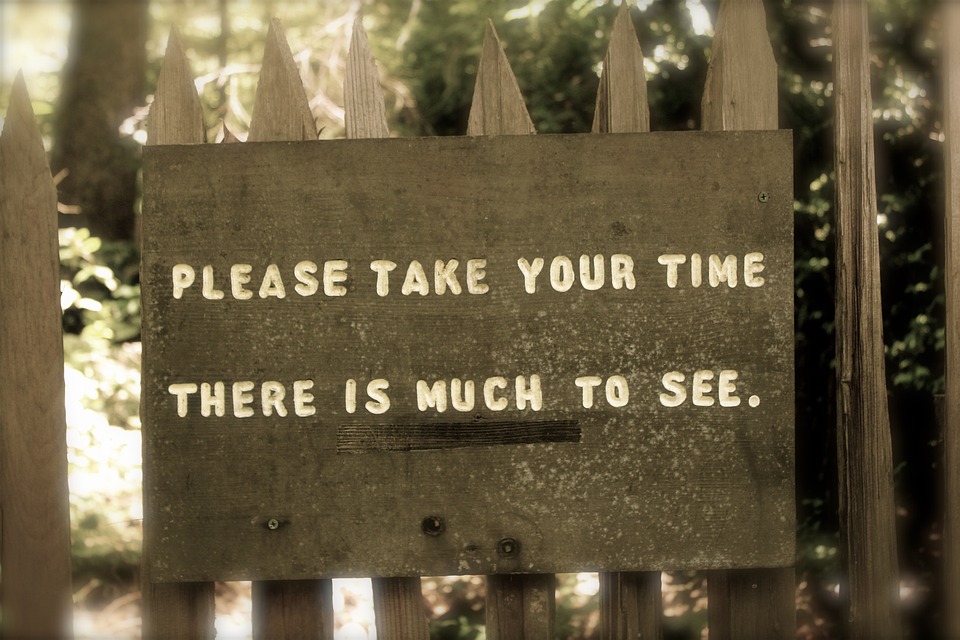
Mental health 5150 refers to a section of California law that allows for involuntary psychiatric holds on individuals who pose a threat to themselves or others due to a mental health disorder. This law is commonly referred to as a « 5150 hold. »
Under the law, a qualified officer or clinician can hold an individual for up to 72 hours in a mental health facility for evaluation and treatment. The criteria for a 5150 hold include:
- The person is a danger to themselves or others.
- The person is gravely disabled and unable to provide for their basic needs due to a mental disorder.
This law is often used in emergency situations where individuals are experiencing a mental health crisis and need immediate intervention. It is meant to provide a safety net for those who are unable to make rational decisions due to their mental health condition.
It is important to note that a 5150 hold is not a punishment, but rather a way to ensure that individuals receive the care and treatment they need for their mental health condition. If you or someone you know is experiencing a mental health crisis, it is important to seek help as soon as possible. There are resources available, including crisis hotlines and mental health clinics, that can provide support and assistance during difficult times.

What happens after a 5150 hold?
A 5150 hold refers to a temporary involuntary psychiatric hold in California, USA. When someone is placed on a 5150 hold, it means they are considered a danger to themselves or others, or are gravely disabled due to a mental disorder. Here’s what typically happens after a 5150 hold:
- Evaluation: The person will receive a mental health evaluation by a mental health professional or physician to determine if they still meet the criteria for involuntary psychiatric hospitalization.
- Release: If the person is deemed no longer a danger to themselves or others and is able to care for themselves, they will be released from the hold.
- Hospitalization: If the evaluation determines that the person still poses a danger to themselves or others, or is still gravely disabled, they may be hospitalized involuntarily for up to 72 hours for further assessment and treatment.
- Treatment: During the hospitalization, the person will receive treatment for their mental health condition, which may include medication, therapy, and other interventions.
- Discharge or Extended Hospitalization: If the person’s condition improves and they are no longer a danger to themselves or others, they may be discharged from the hospital. If their condition does not improve, they may be placed on a longer-term involuntary hold, such as a 5250 hold.
It’s important to note that the exact process can vary depending on the individual’s circumstances and the policies and procedures of the specific hospital or mental health facility.

What is the difference between 5585 and 5150?
It’s not clear what 5585 refers to in this context. However, in the United States, a « 5150 hold » is a legal term for a psychiatric hold or involuntary commitment for up to 72 hours. This means that a person may be placed in a psychiatric hospital or facility against their will for evaluation and treatment if they are deemed a danger to themselves or others, or if they are gravely disabled due to a mental illness.
In some states, there are similar laws with different codes or names, such as « 5585 » in California, but the basic concept is the same: a person can be involuntarily held for psychiatric evaluation and treatment if they meet certain criteria. The specific criteria and procedures may vary by state and situation.
